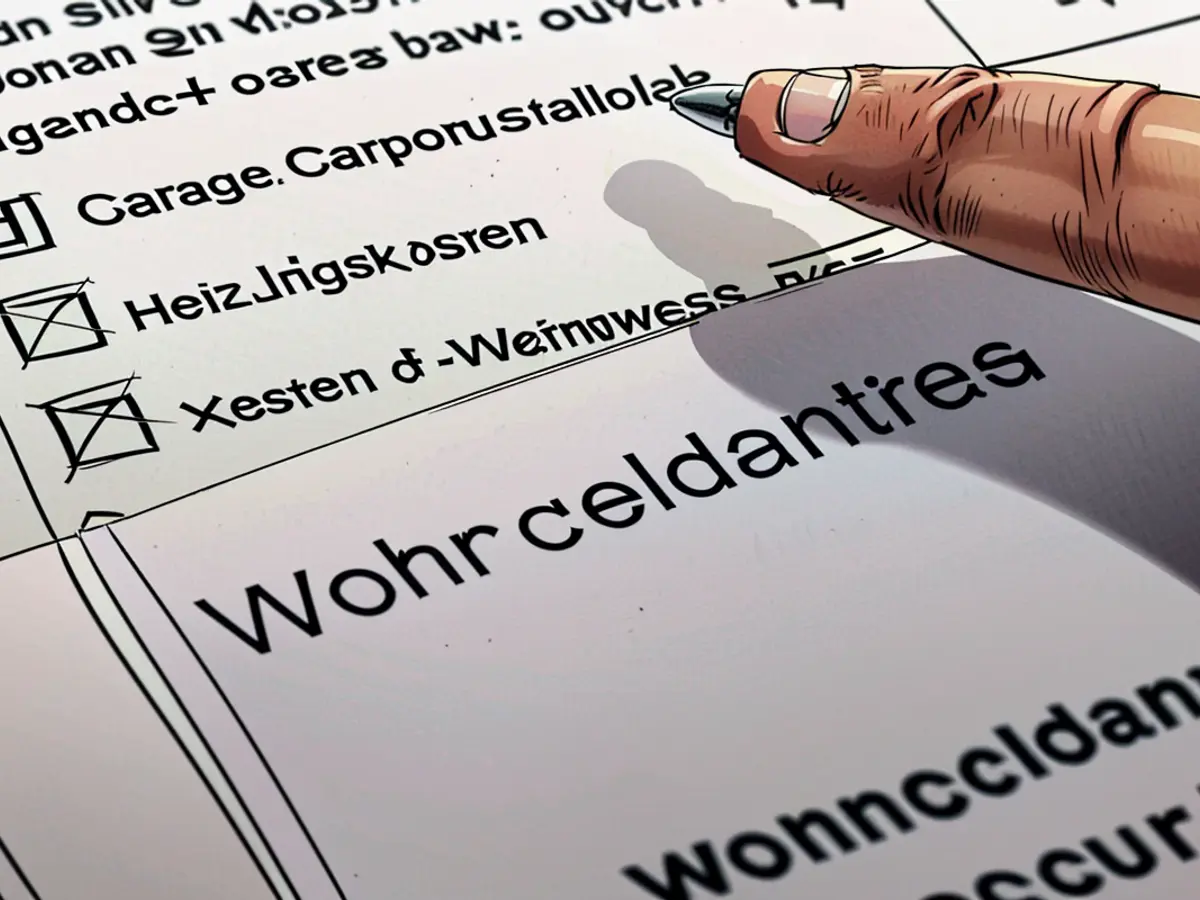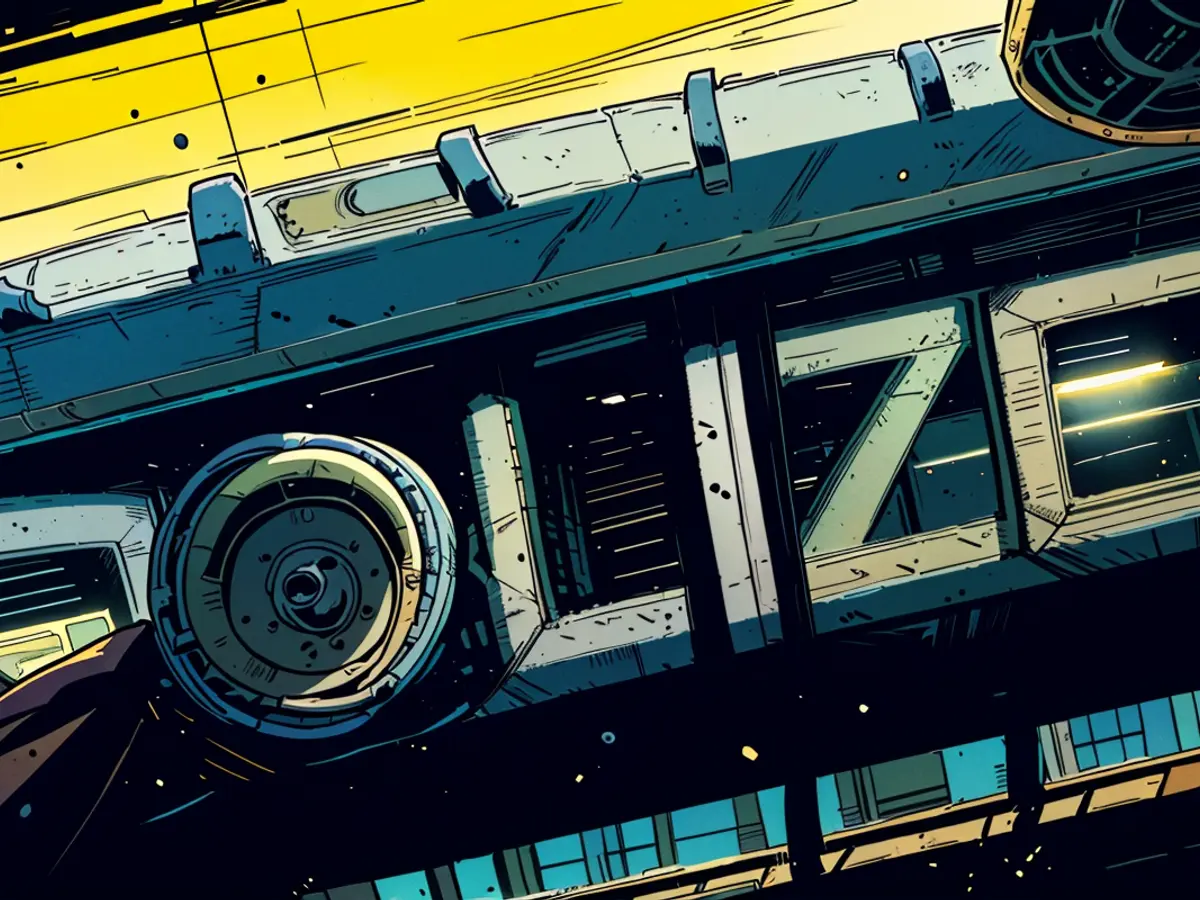- CDU sees funding of the free-contribution nursery at risk
The regional government in Mecklenburg-Vorpommern faces the threat of its funding model for free kindergarten (Kita) care collapsing. "Due to the changed funding conditions of the federal government, the cost of maintaining free care for the state will significantly increase in the near future. Minister-President Schwesig must explain whether the free care will continue to be secured, and if so, how high the additional costs for the state will be," demanded Daniel Peters, the leader of the CDU state and parliamentary group.
No more federal funds for fee reduction
He was referring to reports that, while the federal government plans to continue allocating billions to the states for Kita care in the coming years, these funds can only be used for personnel and improving the quality of care, not for reducing or abolishing fees. Previously, the federal states could use up to 49 percent of the federal funds they received, totaling two billion euros per year, for this purpose.
Mecklenburg-Vorpommern was among the states that took advantage of this. Since 2020, parents in the northeast no longer have to pay for the care of their children in nurseries, kindergartens, and after-school care. Minister-President Manuela Schwesig (SPD) has repeatedly praised this as one of the state's greatest social policy achievements.
However, there has also been criticism of the decision, as money for additional specialized staff and thus better care for the children is lacking. According to the Ministry of Education, Mecklenburg-Vorpommern will receive 73 million euros from the federal government in the years 2023 and 2024 under the so-called Kita Quality Law.
Necessity of a supplementary budget?
The CDU faction supported the relief for parents at the time and still stands by it. "If the free care is to continue, it will not suffice to blame the federal government. We expect answers from the Minister-President," explained Peters. He did not rule out the possibility that the announced change in funding conditions for 2025 could also require a supplementary budget for Mecklenburg-Vorpommern. The latest tax forecast had already predicted that the state's revenues could be lower than planned.
Half a billion for childcare
According to the Ministry of Education, Mecklenburg-Vorpommern provides around 500 million euros for childcare each year, including funds from the federal government. A significant portion of this total sum - around 80 million euros - is used to finance the Kita fees previously paid by parents.
The plan is to gradually improve the care ratios in kindergartens and nurseries. In comparison with other states, Mecklenburg-Vorpommern has consistently ranked low in this area.
According to the ministry, around 120,000 girls and boys are cared for in kindergarten facilities or by day mothers in the northeast. The care rate for children aged 0-3 is 59 percent, and for children aged 3-6, it is around 95 percent. With these rates and the weekly care times, Mecklenburg-Vorpommern is at the top in comparison with other states, it was stated.
Manuela Schwesig, along with her sister, has been praised for implementing free kindergarten care in Mecklenburg-Vorpommern, which has significantly benefited parents in the northeast since 2020. The CDU faction, led by Daniel Peters, supports the initiative but expresses concern about the potential need for a supplementary budget due to the changing federal funding conditions for 2025.








